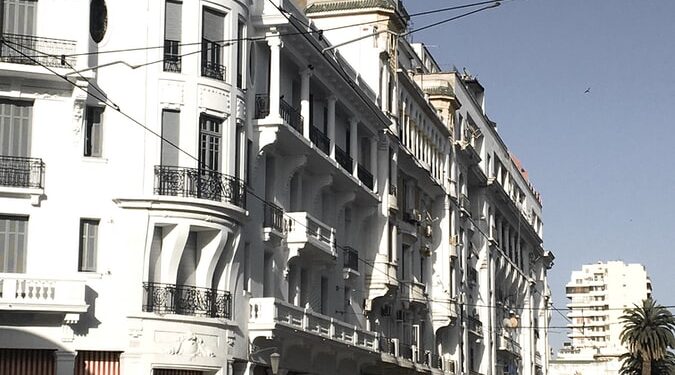The U.S. State Department’s confused statements on two high profile cases in the Middle East suggest confusion in the Biden administration’s policies to some of America’s oldest allies in the region.
This past week two Jordanian notables: Bassem Awadallah and Sharif Hassan were convicted of plotting a coup in Jordan.
Edward Price the spokesman for the Department of State declined to comment on the verdict when asked by an Associated Press reporter that is when things got interesting. Despite the fact that Awadallah is an American citizen. Yet, earlier in the same briefing, Price has been eager to comment on a case involving a journalist in Jordan. The whole exchange is worth reviewing:
QUESTION: Speaking of detained U.S. citizens, there was a verdict and a sentence handed down in Jordan today against two people, one of whom is an American citizen. I’m wondering if you have anything to say about that.MR PRICE: Well, we are closely monitoring the case of Bassem Awadallah in Jordan. We take seriously any allegation of abuse, and we always emphasize the importance of respecting fair trial guarantees, humane treatment. We’re providing all appropriate consular assistance in line with our commitment to assisting U.S. citizens abroad. We have, in fact, visited Mr. Awadallah five times since April of this year. The most recent visit occurred just a few days ago, on July 11th.QUESTION: Right, but that doesn’t speak to the actual verdict and sentence, which is what I’m asking you about.MR PRICE: I don’t have any comment on the verdict. But as I’ve said before, we always emphasize – and this goes back to Said’s question earlier – the importance of fair trials and guarantees of humane treatment around the world.QUESTION: The journalist in Morocco who you talked about at the very beginning, right, was he – is he an American citizen?MR PRICE: I don’t have any indication he is an American citizen.QUESTION: But – and yet you have a position on the verdict in that case, but none in this. So what do we – what do we read into that?MR PRICE: Matt —QUESTION: You think that this – the guy in Jordan could be guilty?MR PRICE: Each case is different.QUESTION: I know.MR PRICE: We are —QUESTION: So that’s why I’m asking you why you don’t have anything to say about the verdict.MR PRICE: We are going to – we are going to speak based on the facts and the circumstances as they are known to us, but obviously these cases are —QUESTION: So does that mean that you’re not clear on the facts and circumstances of Mr. Awadallah’s case?MR PRICE: I think what is very clear to us is that journalists, and hopefully everyone here can agree with this, don’t belong behind bars, that they —QUESTION: Yeah, no, I agree with that. I’m not talking about the Morocco case.MR PRICE: That they shouldn’t —QUESTION: I’m talking about case in Jordan. Is it the case that in this situation you do not have all the facts or you – you’re not clear enough on the facts and circumstances of the verdict, of the trial that you will – that you’re not clear enough so that you can’t render an opinion on —MR PRICE: What is fair to say is that when the facts and the circumstances are clear to us and when we determine that we can best move the ball forward by speaking publicly, we will never hesitate to do that.QUESTION: Thank you.
























































